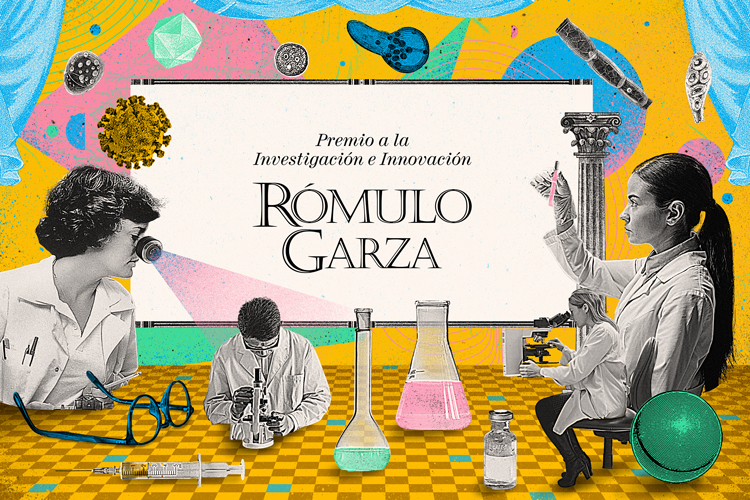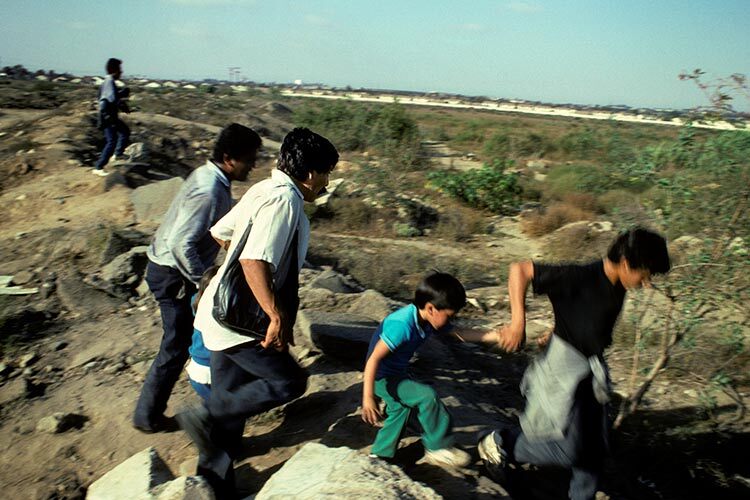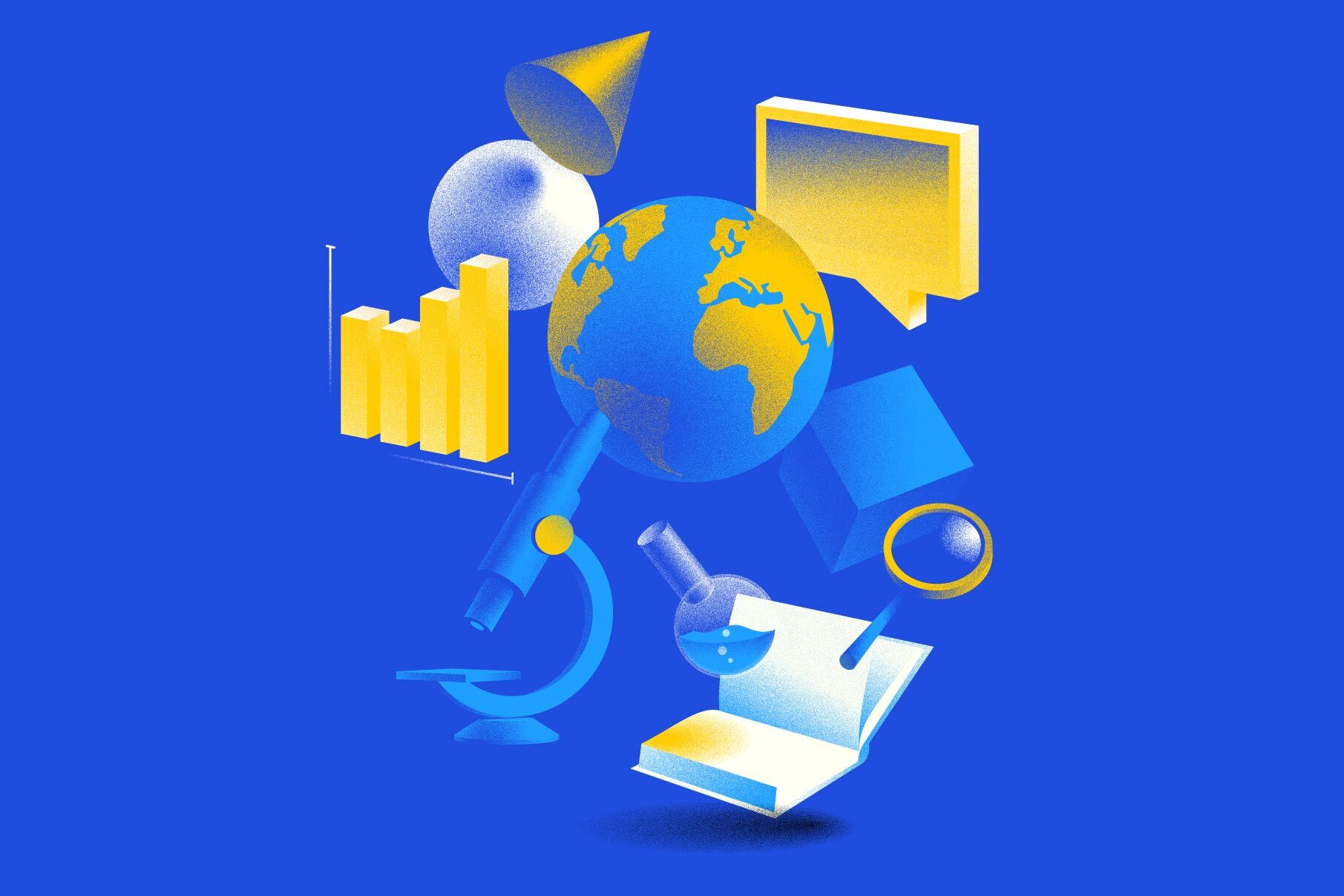Tec de Monterrey is leading an investigation into understanding human flourishing in the region, thanks to financial support provided by the Templeton World Charity Foundation..
This project involves experts from the Catholic University of Chile and the University of the Andes (TRIADA), as well as from the National Autonomous University of Mexico (UNAM) and Nossa Terra Firme. Additionally, collaboration is underway with professors from prominent institutions such as Harvard University and Baylor University in Texas.
One of the central objectives is to identify those conducting research on the topic with scientific rigor across various fields of knowledge, in order to establish research hubs in the region.
Human Flourishing from Latin America: Personalized Wellbeing
This concept, which contemplates the wellbeing of individuals and communities, has been addressed through disciplines such as psychology, philosophy, the arts, and even economics and environmental sciences.
For Enrique Tamés, Director of Human Flourishing Projects at the Tec, the concept’s definition is not something stable, but is rather in flux.
“There is a great deal of philosophical reflection and scientific knowledge about what we can do to become the best version of ourselves. This doesn’t just apply to us as individuals, but also to our communities and to our planet,” he explains.
According to research conducted by Tamés, Manuel Cebral, and Alberto Hernández,The Fertility of a Concept: A Bibliometric Review of Human Flourishing the term “human flourishing” was first used in a scientific publication in 1969. Over the past 30 years, it has increasingly been employed in various research studies in several countries.
“Regardless of whether we call it flourishing or wellbeing, it’s something people are talking about around the world: how to create optimum conditions in my surroundings and within me to become a better version of myself,” he says.
However, one of the problems with the concept of “human flourishing” is that it has been defined through the perspectives of the most developed countries, thus generating criteria for wellbeing that are −not necessarily− the same as those in Latin America.
To give an example of this, Tamés refers to the World Happiness Report, which is one of the criteria used to measure human flourishing. The same countries always come first in these reports: Denmark, Finland, and the Netherlands.
“Why is that? Because they themselves are defining what happiness is. If you go to an Australian tribe and ask them for their definition of beauty, it’s going to be different. When did they ask Latin Americans what our best version of ourselves would be?” wonders the expert.
Mapping Research in Latin America
Tamés explains that this research “intends to provide sufficient information to discover that although there may be common ideas of flourishing, some things will surely be different. If we want to measure them, we have to incorporate different visions.”
Firstly, the researchers will seek out people who are conducting studies on human flourishing in the region from a scientific point of view. This is in order to assemble a database that combines different versions of the concept and its main exponents.
“The field research begins once these have been located. We’re going to visit the specialists and attempt to understand what they’re doing and how they’re defining human flourishing,” he explains.
The objective is to create an interactive map that shows the type of research done, experts, topics, and organizations that fund similar projects.















